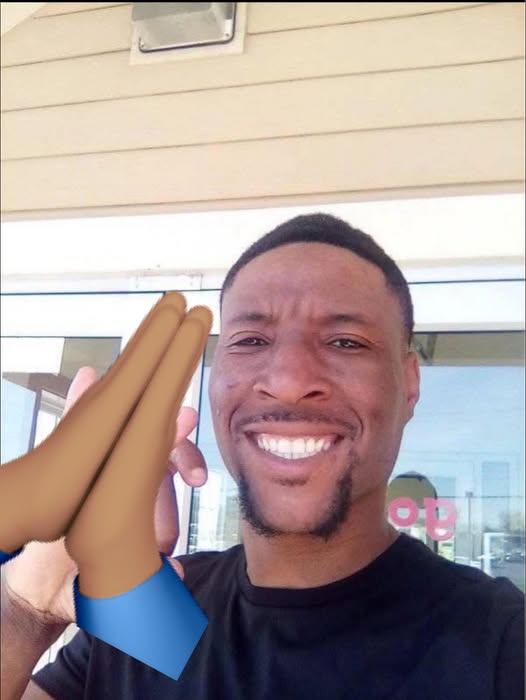The St. Louis County Police Department has identified the man fatally shot by officers in Country Club Hills as 37-year-old Durrell Dorn. The incident occurred on West Florissant, where Dorn was reportedly firing shots into the air and at passing cars. The situation, which escalated rapidly, ended in tragedy and has sparked conversations about mental health, law enforcement response, and systemic challenges within the Black community.
According to Dorn’s family, he had long battled bipolar disorder and schizophrenia. They described him as a loving man who faced significant struggles with his mental health. His family has expressed deep grief and frustration, questioning whether the situation could have been handled differently. Was there room for de-escalation? Could alternative measures have saved Dorn’s life while protecting public safety?
This tragic event sheds light on a broader issue: the intersection of mental health crises and law enforcement intervention, particularly within the Black community. Too often, individuals experiencing mental health episodes are viewed through a lens of fear and misunderstanding. Instead of receiving the care and support they need, they are met with force—sometimes fatal.
For many Black men like Dorn, mental health challenges are compounded by societal stigma and systemic inequities. Labels like “violent” or “dangerous” often overshadow the reality of their experiences, painting a picture that fails to capture the complexity of mental illness. This narrative perpetuates harmful stereotypes and can lead to devastating outcomes, as seen in Dorn’s case.
Dorn’s family, while mourning his loss, has called for greater awareness and compassion regarding mental health issues. They urge the community to break the stigma surrounding mental illness and advocate for comprehensive care. Therapy, proper medication, and supportive environments are crucial to helping individuals manage their conditions. While faith and prayer provide solace and strength, they must be complemented by tangible mental health resources.
The shooting has sparked a wave of discussions across social media and within community forums. Activists, mental health advocates, and local leaders are calling for systemic changes to how mental health crises are addressed. They emphasize the need for crisis intervention teams, trained in de-escalation and mental health awareness, to respond to such situations.
As the investigation into the shooting continues, the St. Louis County Police Department has stated they are reviewing body camera footage and other evidence to piece together the events leading up to Dorn’s death. While transparency is essential, the community is also demanding accountability and meaningful reform.
Durrell Dorn’s death is a heartbreaking reminder of the urgent need for change. It is a call to action for better mental health care, greater empathy, and improved systems that prioritize de-escalation over confrontation.
We extend our deepest condolences to Dorn’s family and all those impacted by this tragedy. As a community, let us work to honor his memory by breaking the stigma surrounding mental health, advocating for systemic reform, and creating a society where those battling mental illness receive the care and understanding they deserve
